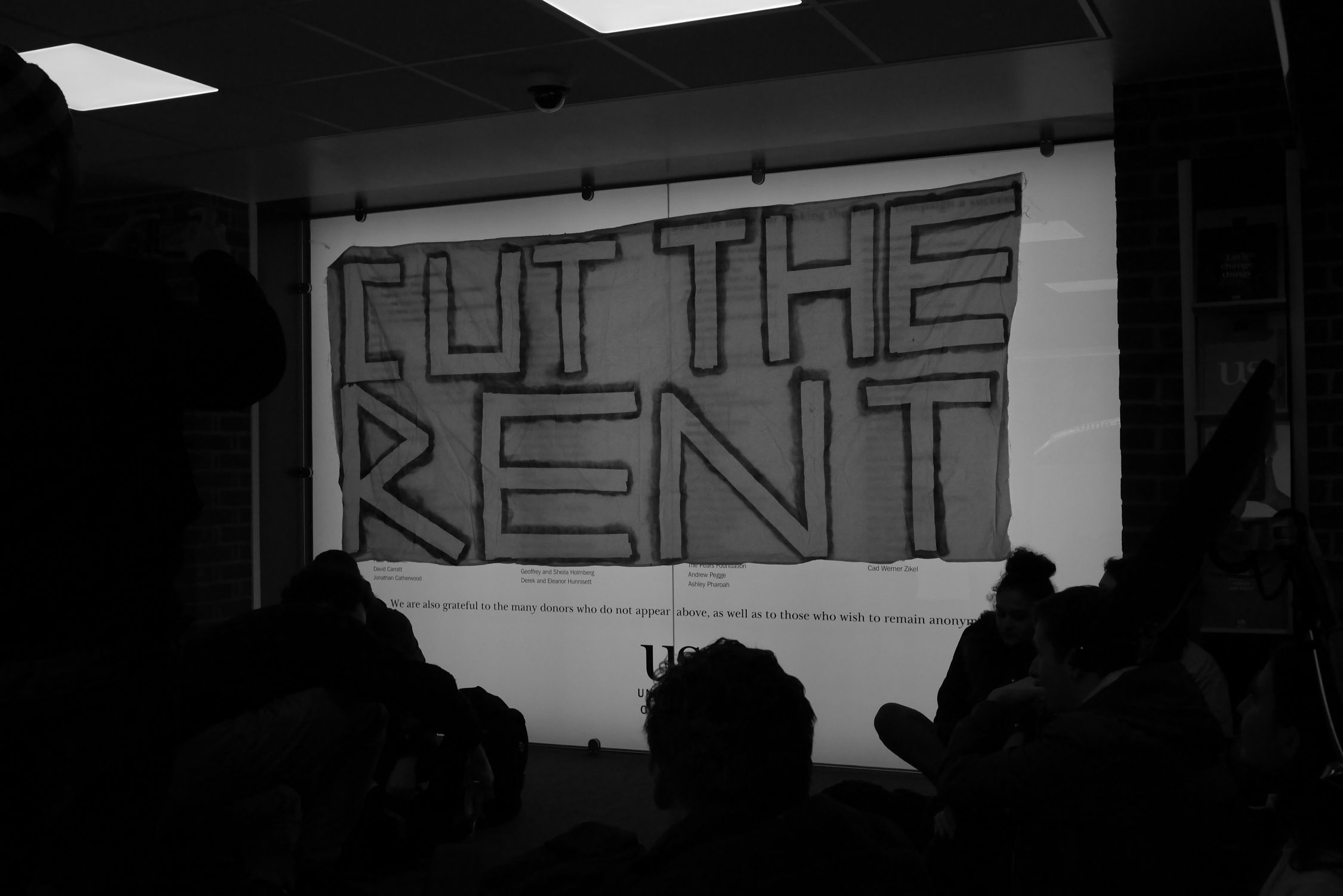The Vice Chancellor at the University of Sussex, Michael Farthing, warned last week that students will have to pay up to £7,500 annually to keep up standards in higher education. This was announced as lecturers carried out a one-day strike on Wednesday 5 May in response to the university’s decision to scrap 112 staff jobs in a bid to reduce spending by £5million.
The independent review of national student fees, known as the Browne Review, was launched on 15 March this year to investigate how student fees might change in the future. It includes consulting students on their priorities for changes to the higher education funding system and student finance.
The University of Sussex, as part of the 1994 Group of leading research-led institutions, has given evidence to the review. Professor Farthing said he hopes the report, to be published in full later this year, will recommend a significant increase in the current cap on top-up fees of £3,240 a year. Currently, these fees contribute approximately 17% of the annual income to the university.
The report could lead to fees of £7,000 a year, rising to around £14,000 for those studying more expensive courses, such as the sciences.
While the review committee is unlikely to sanction the rise straight away, it may permit institutions to increase fees above the rate of inflation – possibly up to £1,000 a year – as they move towards a free market.
A source close to the review told the Sunday Times that Lord Browne wanted “the cap off altogether, but he will go by tiers”.
Farthing added: “This is very much a personal view, but if the fees cap went up to £5,000 a year it would just about keep us where we are or get us back to where we were a couple of years ago in terms of funding.
“That won’t solve the problem and – if there is to continue to be a cap – I would have thought that if we’re going to maintain the unit of resource [in terms of funding per student] we’re probably looking at a cap of between £7,000 and £7,500.”
Evidence from the report already suggests the cap should rise to between £5,000 and £7,000. The only political party who had a firm policy on top-up fees during the election campaign was the Liberal Democrats who pledged to phase them out within six years. Labour and the Conservatives have said they will await the outcome of the inquiry.
The National Union of Students (NUS) reported that 200 Labour candidates have signed a pledge to oppose any increase in tuition fees – making it likely Labour will find it difficult to back a substantial rise. Only 13 Conservative candidates signed the pledge, compared to 400 Liberal Democrats.
James Hakner, spokesman for the university, said: “Wherever fees are set as a result of the Browne review, we will continue to ensure that talented students whatever their background can have access to high quality education at Sussex. We already exceed our benchmarks for widening participation, through the work we do with pupils from non-traditional and under-represented HE backgrounds.
He added: “We are committed to continuing the Sussex Bursary Scheme and other financial programmes that provide additional financial support for students from low income backgrounds.”



The intent behind raising tuition fees is to increase funding to universities, greater funding is certainly a worthwhile goal, but the means of acquiring such funding is apparently devoid of any real consideration of the consequences. Today, not for the first time, I hear ‘parents may have to pay thousands’, and ‘the money has to come from somewhere’, and I am bewildered by the startling lack of thought on behalf of those who are charged with making these decisions. The assumption is that ‘children’ will be sent to university by their parents, who must stump up this extra cash for the privilege. The reaction to parents who cannot afford this is scholarships and bursaries. These cannot and will not be of benefit to the vast majority of potential students, and it is these young adults who ought be the focus of these discussions, not the relative wealth of their parents. I have, in the course of my university career, accumulated thousands of pounds worth of debt to fund myself. My parents were never in a position to fund me, nor would I have expected them to. I was not offered any financial help from any body, council or organisation, so I paid for myself and will continue to pay for many years to come. I am absolutely certain that there are many others like me, and hopefully there will be many more who will not be put off furthering their education by absurd demands for money from those who do not have it. If the rumours regarding Lord Browne’s views mainfest into reality and the tuition fee cap is lifted, or the Russell Group’s suggestion of a £9,000 fee is heeded, how many talented, gifted and intelligent people will feel, and rightly so, that they cannot afford to buy the chance to prove themselves worthy of a degree? I suspect, and fear, that it would be a substantial enough number of potential students that basic calculations will show that the increased fees coupled with reduced numbers paying them will result in a continuing shortfall in funding. Rises in tuition fees will serve no purpose other than to reduce the number of people attending university. If that is a secret intention, it should be done through academic achievement, not financial gerrymandering.